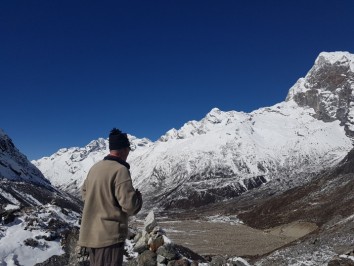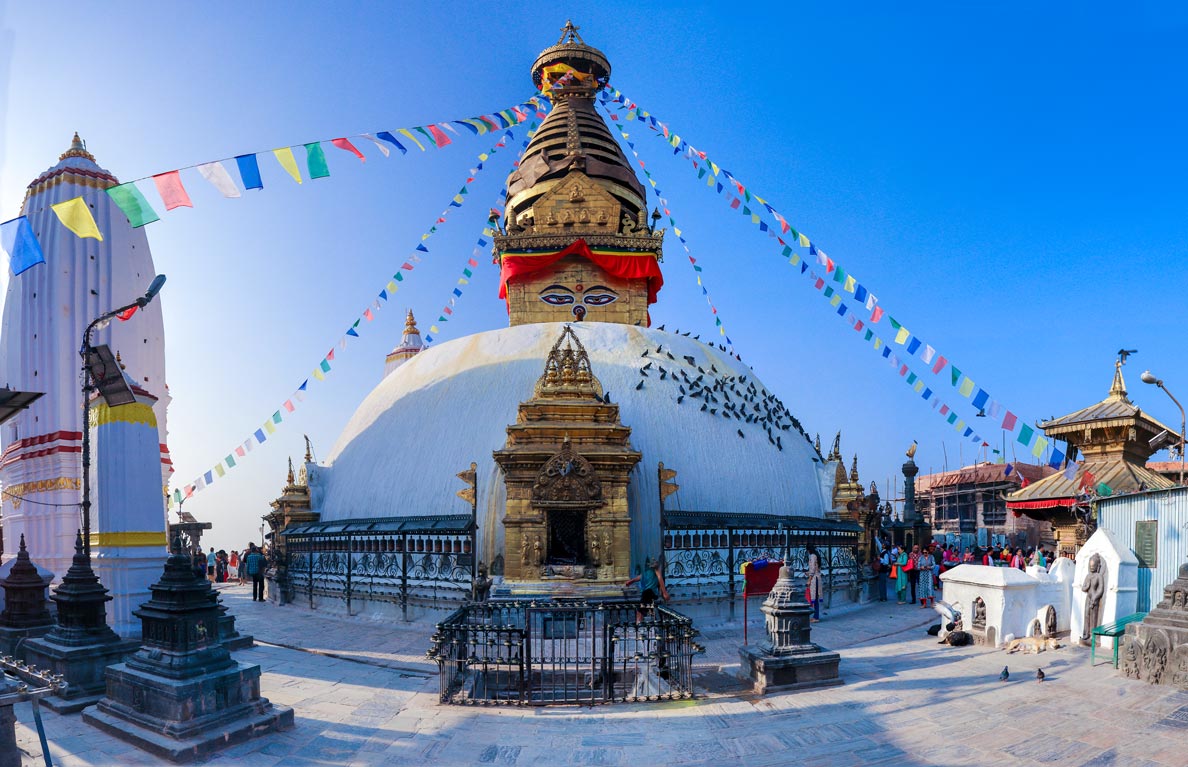Peak Climbing in Nepal
Nepal, the land of the Himalayas, has always been a dream destination for adventurers and mountaineers from all around the globe. With eight of the world’s fourteen highest peaks, including the majestic Mount Everest (8,848.86m), this Himalayan nation offers endless opportunities for climbing and trekking. Among these thrilling adventures, peak climbing in Nepal holds a special place, blending the challenges of mountaineering with the cultural richness and natural beauty of the country.
At Himalayan Adventure International Treks, we specialize in organizing safe, professional, and unforgettable peak climbing experiences. Whether you are a novice climber seeking your first Himalayan summit or an experienced mountaineer looking to tackle more technical ascents, Nepal offers a wide array of peaks to match your skills and aspirations.
What is Peak Climbing in Nepal?
Peak climbing in Nepal refers to climbing smaller trekking peaks that are less than 7,000 meters in elevation, but still demand technical skills, preparation, and permits. These peaks are managed by the Nepal Mountaineering Association (NMA) and are often categorized into Group A (Expedition Peaks) and Group B (Trekking Peaks).
Unlike expedition peaks such as Mount Everest, Makalu, or Kanchenjunga, trekking peaks are relatively easier and more accessible. However, many of them require knowledge of climbing techniques, use of ropes, crampons, ice axes, and sometimes experience in glacier travel. This makes Nepal’s trekking peaks the perfect training ground for future expeditions to higher mountains.
Why Choose Nepal for Peak Climbing?
Diverse Range of Peaks: From easy trekking peaks like Island Peak (6,189m) to more challenging ascents like Chulu West (6,419m), Nepal offers options for every level of climber.
Scenic Beauty: The Himalayas provide unparalleled views of snow-covered mountains, lush valleys, alpine forests, and picturesque villages.
Rich Cultural Experience: Climbing in Nepal is not just about mountains; it’s also about connecting with local people, learning about Sherpa culture, and experiencing centuries-old traditions.
Affordable Climbing Destinations: Compared to other mountaineering destinations, Nepal offers peak climbing at relatively lower costs.
Professional Guides and Porters: With agencies like Himalayan Adventure International Treks, climbers get highly experienced guides, ensuring both safety and success.
Popular Peaks for Climbing in Nepal
Island Peak (Imja Tse) – 6,189m
-
Location: Everest Region
-
Difficulty: Moderate
-
Highlights: Spectacular views of Lhotse, Nuptse, Ama Dablam, and Everest. A perfect introductory climb for beginners.
Mera Peak – 6,476m
-
Location: Makalu-Barun National Park
-
Difficulty: Moderate to Strenuous
-
Highlights: The highest trekking peak in Nepal, offering panoramic views of five 8,000m peaks including Everest, Lhotse, Makalu, Cho Oyu, and Kanchenjunga.
Lobuche East Peak – 6,119m
Pisang Peak – 6,091m
-
Location: Annapurna Region
-
Difficulty: Moderate
-
Highlights: A popular peak located along the Annapurna Circuit, offering scenic views of the Annapurna Massif and Manang Valley.
Chulu East & West Peaks – 6,584m & 6,419m
-
Location: Annapurna Region
-
Difficulty: Strenuous
-
Highlights: Requires mountaineering experience, offering panoramic Himalayan views and a thrilling climbing experience.
Yala Peak – 5,520m
-
Location: Langtang Valley
-
Difficulty: Easy to Moderate
-
Highlights: One of the easiest trekking peaks in Nepal, ideal for beginners with minimal climbing experience.
Dhampus Peak (Thapa Peak) – 6,012m
-
Location: Dhaulagiri Region
-
Difficulty: Moderate
-
Highlights: Located near the Dhaulagiri Circuit, offering unique climbing routes and breathtaking Himalayan vistas.
Tent Peak (Tharpu Chuli) – 5,663m
Pachermo Peak – 6,273m
Ramdung Go Peak – 5,925m
Peak Climbing Seasons in Nepal
The best seasons for peak climbing in Nepal are spring (March to May) and autumn (September to November).
-
Spring Season: Clear skies, stable weather, blooming rhododendrons, and favorable climbing conditions.
-
Autumn Season: Post-monsoon period with crisp air, excellent visibility, and stable weather.
-
Winter (December – February): Cold and harsh weather, not suitable for most climbs.
-
Summer/Monsoon (June – August): Heavy rainfall, landslides, and poor visibility make climbing dangerous.
Required Permits for Peak Climbing in Nepal
Climbers need various permits, depending on the peak and region:
Climbing Permit from the Nepal Mountaineering Association (NMA)
Trekking Permit (TIMS Card)
National Park/Conservation Area Entry Permits
Restricted Area Permit (if applicable)
At Himalayan Adventure International Treks, we manage all necessary permits and logistics, so climbers can focus entirely on their adventure.
Physical Fitness and Preparation
Peak climbing requires not only enthusiasm but also good physical fitness and preparation. Climbers should focus on:
-
Cardiovascular endurance (running, cycling, swimming)
-
Strength training (legs, core, and arms)
-
Hiking with a backpack
-
Mental preparation for altitude and challenging conditions
Prior climbing experience is highly recommended, especially for peaks requiring rope and ice-climbing skills. However, for easier peaks like Yala Peak or Island Peak, basic training can be provided by professional guides.
Accommodation and Food During Climbing
-
Accommodation: Most climbing routes combine tea house trekking (lodges in villages) with camping at base camps and higher camps.
-
Food: Tea houses serve traditional Nepali meals (dal bhat, momo, noodles, soups) as well as international cuisine. During camping, food is prepared by a professional cook provided by the trekking agency.
Cost of Peak Climbing in Nepal
The cost of peak climbing varies depending on the peak, duration, route, and services included. On average:
-
Easy peaks (Yala Peak, Tent Peak): USD 1,200 – 1,500
-
Moderate peaks (Island Peak, Pisang Peak, Dhampus Peak): USD 2,200 – 3,500
-
Challenging peaks (Mera Peak, Lobuche East, Chulu West, Pachermo): USD 2,200 – 3,500
Costs generally include:
-
Climbing permits
-
Trekking permits
-
Professional climbing guide
-
Porters
-
Accommodation & meals during trek
-
Transportation (domestic flights, jeeps, etc.)
-
Camping equipment
-
First aid and emergency support
Why Choose Himalayan Adventure International Treks for Peak Climbing?
Experienced Team: Our Sherpa guides are highly skilled, trained in mountaineering, and certified in first aid.
Safety First: We prioritize safety by providing acclimatization days, quality gear, and emergency support.
Customized Itineraries: We design flexible itineraries based on clients’ experience, fitness, and preferences.
Sustainable Tourism: We promote eco-friendly trekking and support local communities.
Affordable Packages: Offering competitive prices without compromising on quality and service.
Tips for Successful Peak Climbing in Nepal
Acclimatize Properly – Avoid rushing; follow the climb-high, sleep-low principle.
Train Beforehand – Start physical training at least 3–4 months before the climb.
Hire Experienced Guides – Local guides know the routes, weather, and safety protocols.
Pack Smart – Carry essential climbing gear, warm clothing, and personal medications.
Stay Hydrated and Eat Well – Proper nutrition and hydration are key to combating altitude sickness.
Peak climbing in Nepal is one of the most rewarding adventures in the world, combining thrilling Himalayan ascents with cultural immersion and breathtaking natural beauty. From beginner-friendly summits like Island Peak and Yala Peak to technically demanding climbs like Lobuche East and Chulu West, Nepal offers a lifetime of mountaineering opportunities.
With Himalayan Adventure International Treks, climbers gain not only professional guidance and logistical support but also the chance to create lifelong memories in the heart of the Himalayas. Whether you dream of standing on your first 6,000-meter summit or preparing for an 8,000-meter expedition, Nepal is the perfect destination to make those dreams a reality.
Start your peak climbing journey today with Himalayan Adventure International Treks – where every step takes you closer to the top of the world.
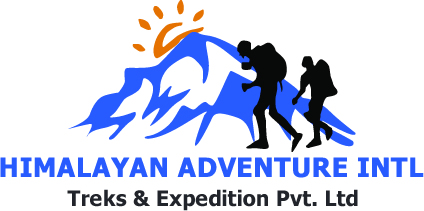
 Plan Your Trip Now
Plan Your Trip Now 
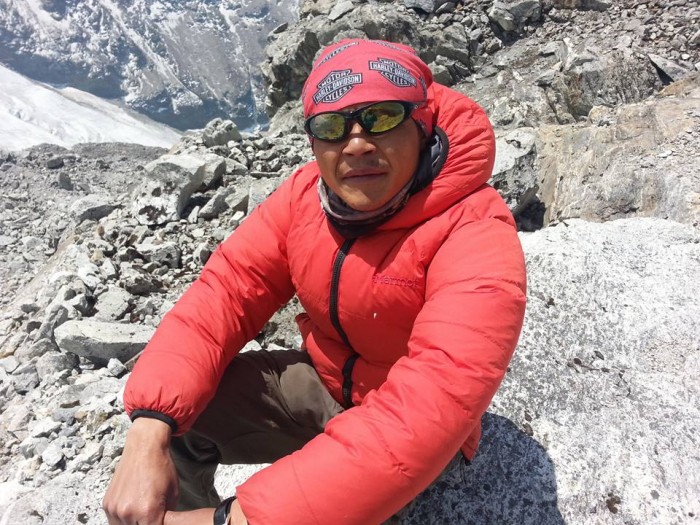

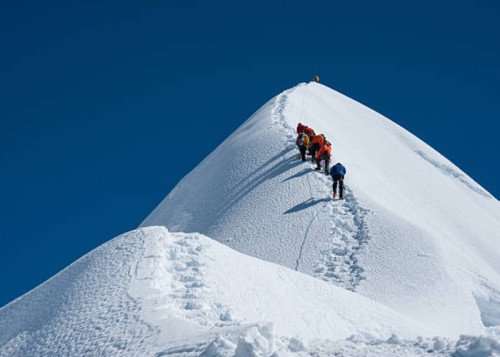
 Nepal
Nepal 

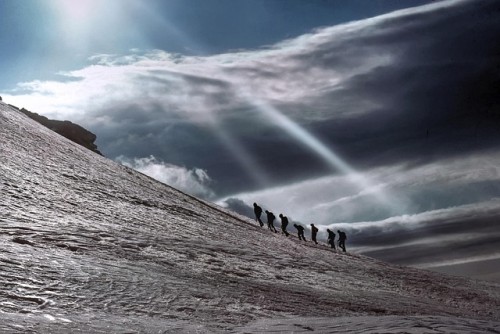
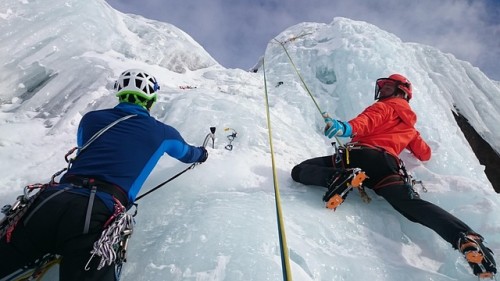
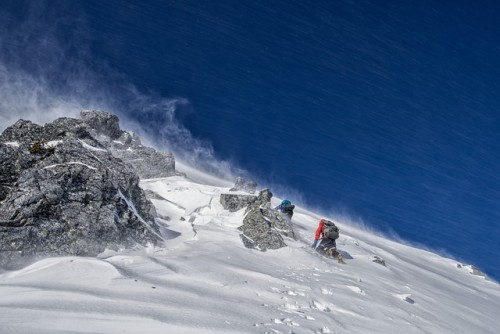
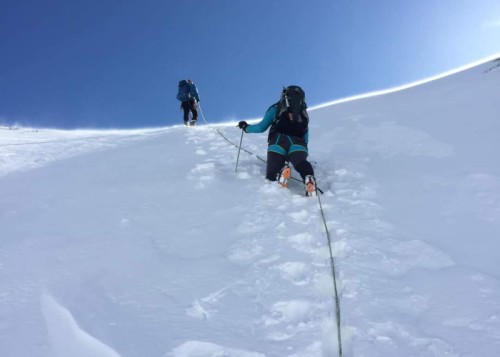
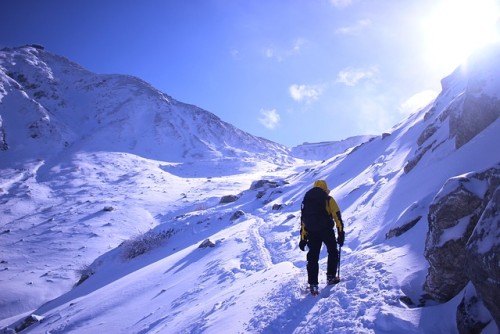
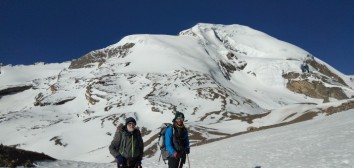
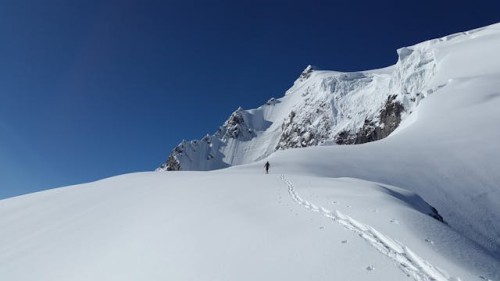
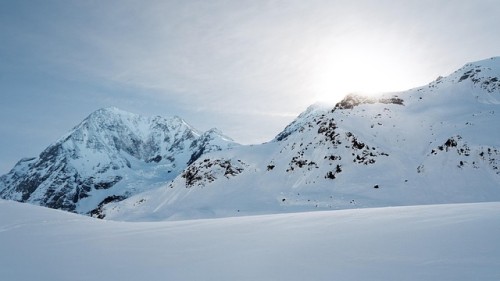
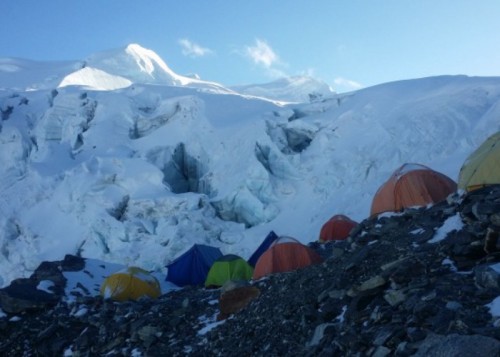
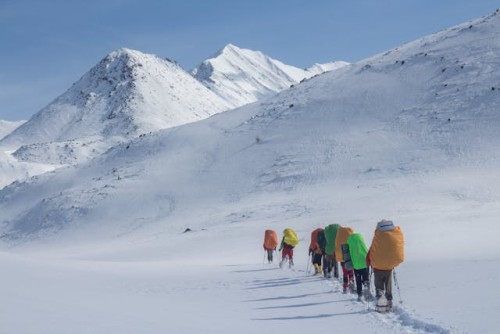
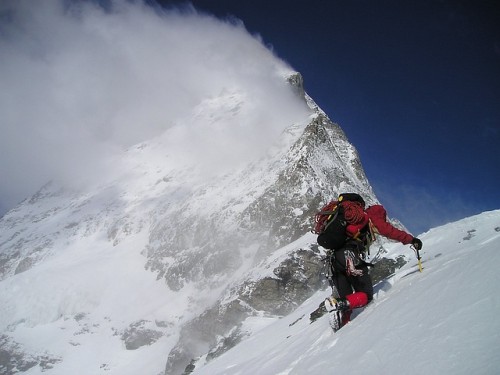
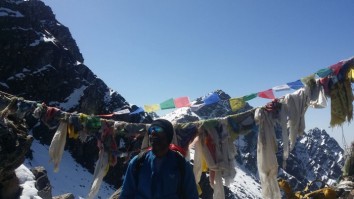
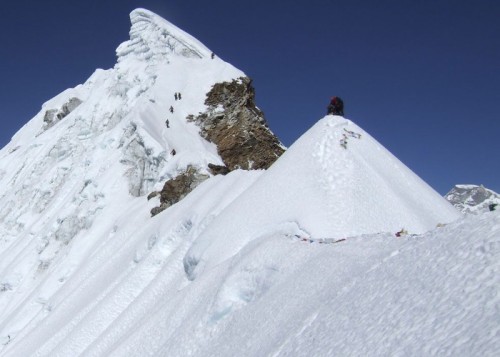
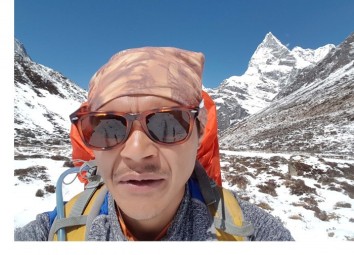
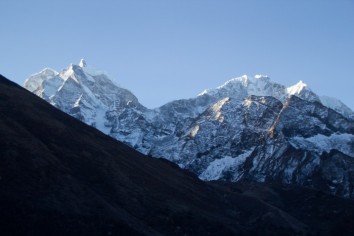
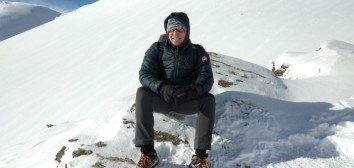
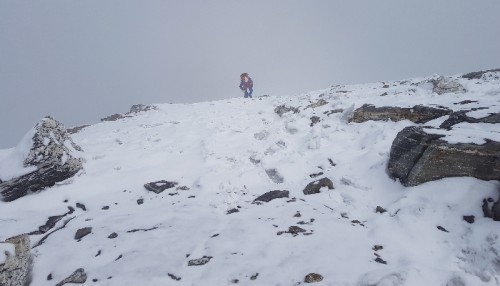
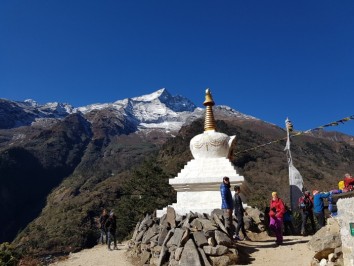
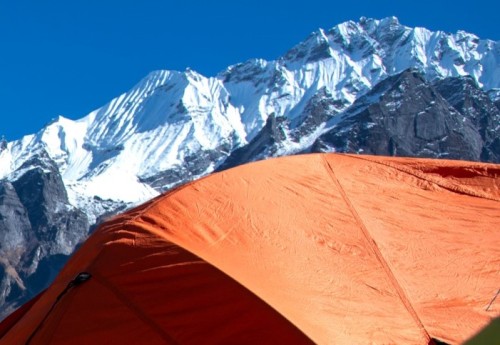
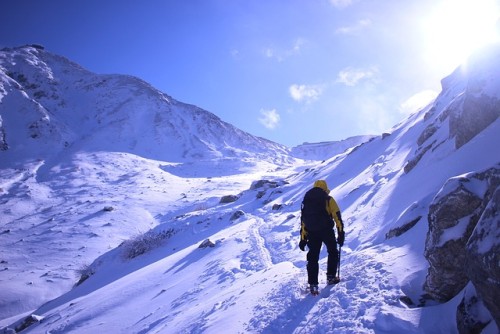
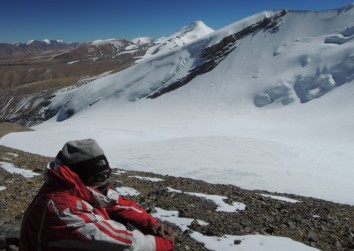
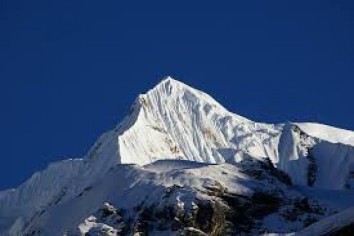
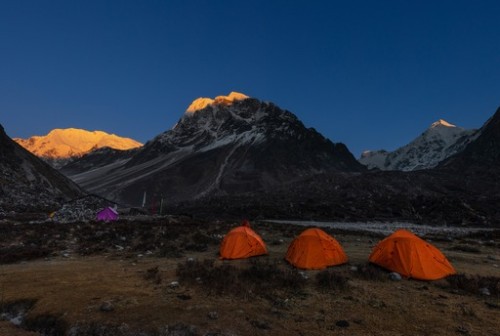
.jpg)
